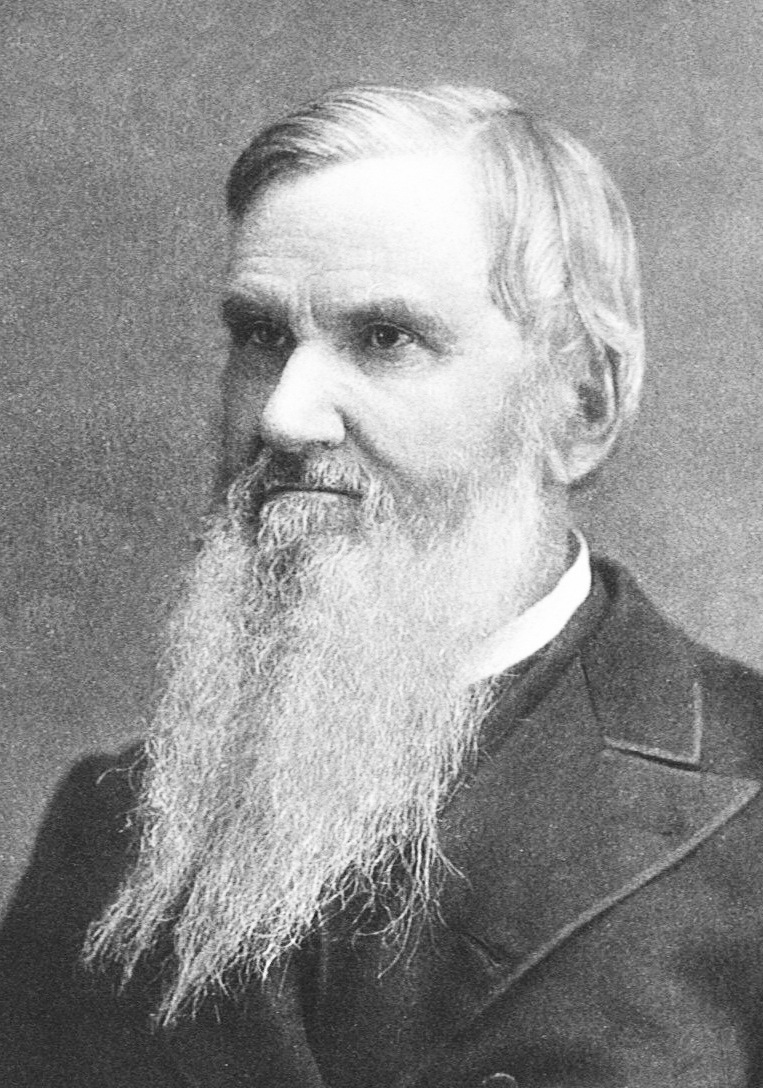“I am the Cassandra of Yankeedom, predestined to prophesy truth and never to be believed until too late.”
– Robert Lewis Dabney, 1894
We’ve covered Robert Lewis Dabney extensively on F&H before, but recent events call for a revisiting of Dabney’s denunciation of the “new South” doctrines he saw developing after the War Between the States. Two days ago, Georgia governor Nathan Deal, a Republican, announced his intention to veto a bill which would allow faith-based organizations the ability to avoid hiring or providing services to sexual degenerates like homosexuals and transgenders. In this we see the three heads of Dabney’s hated “new South” at work against the average Southerner and God’s law.
First, the true relation between God and man had been distorted by egalitarianism. There was no such thing as real human equality, Dabney repeated, and to attempt to impose it was to violate the laws of God and nature. The effects of such efforts were disastrous to society. . . .
The second adverse condition Dabney attacked was the growth of financial oligarchy. Here Dabney drew a comparison between the United States of 1789 and ninety-three years later, in the 1882. In the former year no one city, no one or two states, no handful of corporate giants controlled the nation’s wealth. But in 1882 New York City had become “the commercial mistress” of the whole nation and a handful of industrial and financial barons dictated policies to presidents. Asked Dabney: “Can a sensible man persuade himself that political independence and individual initiative shall remain in a land where financial despotism has become established?” . . .
This brought Dabney to his third adverse condition, the destruction of true republican government and the establishment of what he saw as a political and managerial oligarchy. . . . Concentrated wealth provided almost unlimited opportunity for a powerful few to sway and manipulate the public. In post-war America it was but an easy step to observe that the oligarchies of wealth would now control politics, as well. “Is it Washington or Wall Street,” exclaimed Dabney, “which really dictates what platforms [of the political parties] shall be set forth, and what candidates shall be elected, and what appointments shall be made? For certain it is not the people of the states.
In the case of the Georgia bill, it was the threat of big commercial interests boycotting the state under the guise of support for “equality” which put the most pressure on Deal, a member of the new managerial political class, to cave and veto the bill. And now Christian Georgians remain vulnerable to the same kind of anti-Christian lawsuits and penalties which Christians in other parts of the U.S. have suffered for wanting to opt out of participating in sinful behavior.
| Tweet |
|
|
|





